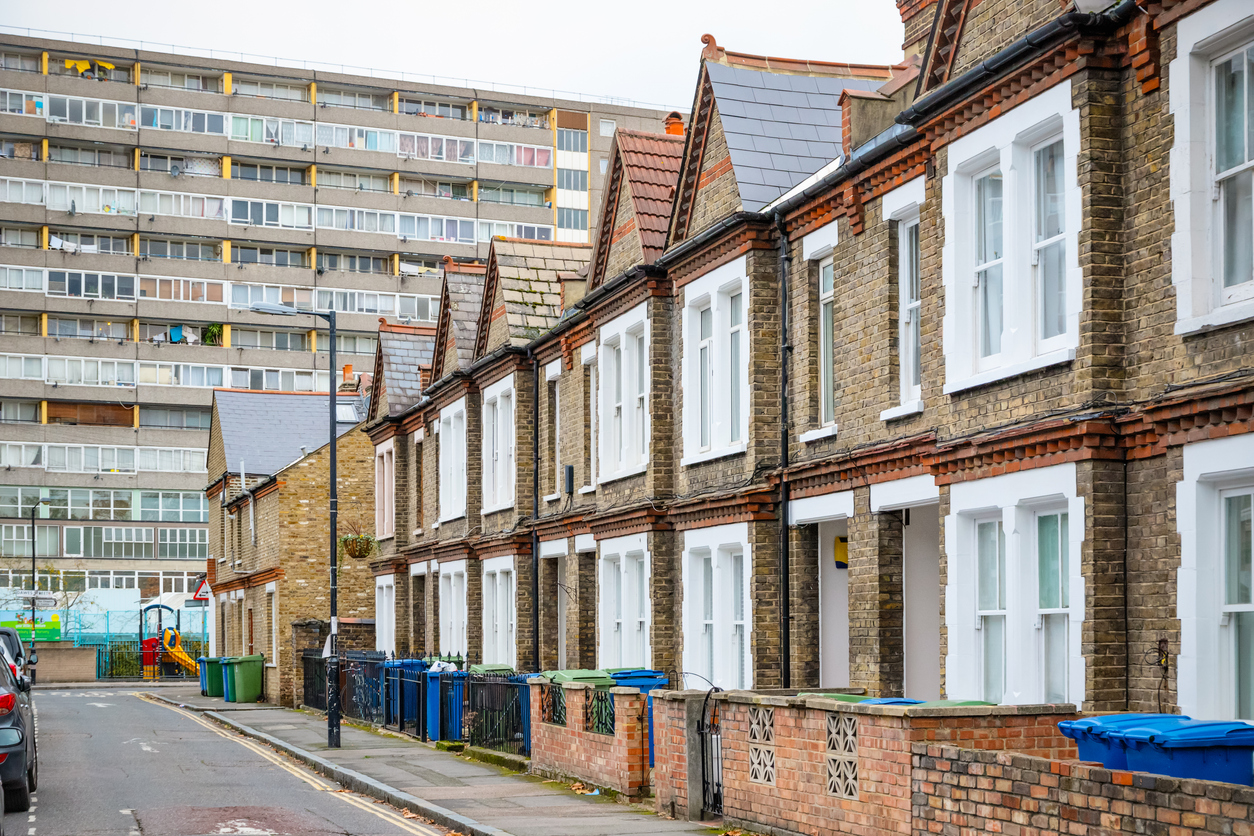London Housing Market: A Comprehensive Guide
Introduction
The London housing market is one of the most dynamic and complex real estate markets in the world. Known for its high property values, diverse neighborhoods, and robust investment opportunities, London attracts a wide range of buyers, renters, and investors. This guide provides an in-depth look at the current state of the London housing market, key trends, factors influencing property prices, and considerations for buyers, sellers, and investors.
Current State of the London Housing Market
High Demand:
- London continues to experience strong demand for housing, driven by its status as a global financial center, cultural hub, and educational powerhouse.
Property Prices:
- Property prices in London are among the highest in the UK, with central areas commanding premium prices. Despite fluctuations, the overall trend has been upward over the past decade.
Rental Market:
- The rental market is equally competitive, with high demand for rental properties, particularly in central and popular suburban areas.
Diverse Housing Stock:
- London offers a diverse range of housing options, from historic Victorian and Georgian properties to modern apartments and luxury penthouses.
Key Trends
Post-Pandemic Recovery:
- The housing market has shown resilience following the COVID-19 pandemic, with renewed interest in both buying and renting properties as the economy stabilizes.
Suburban Shift:
- There has been a noticeable shift towards suburban areas, driven by the desire for more space and the flexibility of remote working. Areas like Richmond, Wimbledon, and Hampstead have become increasingly popular.
New Developments:
- Significant investment in new developments, particularly in areas like Nine Elms, Canary Wharf, and King's Cross, has added to the housing stock and created new residential hubs.
Sustainability:
- There is a growing emphasis on sustainability in new housing developments, with a focus on energy efficiency, green spaces, and eco-friendly construction methods.
Factors Influencing Property Prices
Economic Conditions:
- Economic stability and growth, employment rates, and interest rates are key factors that influence property prices.
Location:
- Proximity to central London, transport links, schools, amenities, and green spaces significantly impact property values.
Supply and Demand:
- Limited housing supply relative to demand continues to drive up prices, particularly in sought-after areas.
Government Policies:
- Policies such as stamp duty changes, Help to Buy schemes, and planning regulations can affect market dynamics.
Global Factors:
- London's position as a global city means it is influenced by international economic conditions, foreign investment, and currency exchange rates.
Considerations for Buyers
Budget and Financing:
- Determine your budget and explore financing options, including mortgages. Consider additional costs such as stamp duty, legal fees, and maintenance.
Location:
- Choose a location that suits your lifestyle and needs, whether it's proximity to work, schools, or recreational facilities.
Property Type:
- Decide on the type of property that fits your requirements, whether it's an apartment, house, or new development.
Market Conditions:
- Stay informed about current market conditions and trends to make a well-timed purchase.
Professional Advice:
- Engage with estate agents, mortgage brokers, and solicitors to navigate the buying process effectively.
Considerations for Sellers
Market Timing:
- Consider selling during a seller's market when demand is high, and inventory is low to achieve the best price.
Property Condition:
- Ensure your property is well-maintained and consider minor renovations or staging to enhance its appeal.
Pricing Strategy:
- Set a competitive price based on market analysis and comparable properties in the area.
Marketing:
- Use professional photography, virtual tours, and online listings to market your property effectively.
Professional Services:
- Engage with experienced estate agents and solicitors to handle the sale process smoothly.
Considerations for Investors
Investment Goals:
- Define your investment goals, whether it's long-term capital appreciation, rental income, or property flipping.
Market Research:
- Conduct thorough market research to identify high-growth areas and properties with strong rental demand.
Risk Management:
- Consider potential risks, including market volatility, economic downturns, and changes in government policies.
Diversification:
- Diversify your property portfolio to spread risk and enhance returns.
Professional Guidance:
- Work with property advisors, financial planners, and legal experts to make informed investment decisions.
How Fraser Bond Can Assist
Market Analysis:
- We provide detailed market analysis to help buyers, sellers, and investors make informed decisions.
Property Search:
- Our team assists in finding properties that meet your specific requirements, leveraging our extensive network.
Transaction Support:
- We offer comprehensive support throughout the buying, selling, or renting process, including negotiations and legal assistance.
Investment Advice:
- Our experts provide tailored investment advice, helping you identify and capitalize on the best opportunities in the London housing market.
Conclusion
The London housing market offers a wealth of opportunities for buyers, sellers, and investors, despite its complexities and high property values. By staying informed about market trends, understanding key influencing factors, and seeking professional advice, you can navigate the market successfully. Fraser Bond is dedicated to providing comprehensive support to help you achieve your property goals in London. Contact us today to learn more about how we can assist you.



